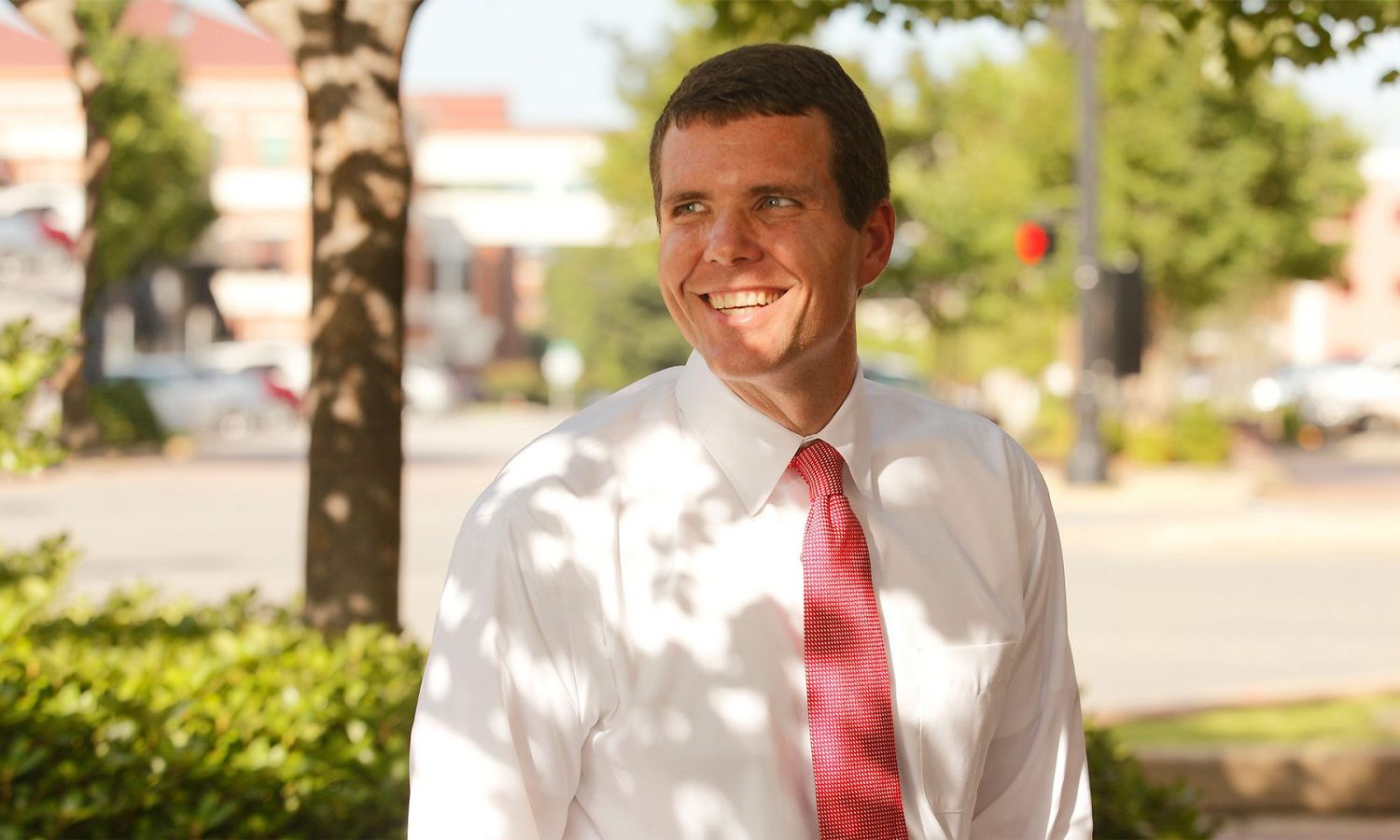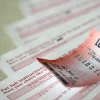By Chip Brownlee
Alabama Political Reporter
The calls for a vote on a statewide education lottery are growing as another candidate for governor is promising to push for a vote if elected to the state’s highest office.
Gubernatorial candidate and Tuscaloosa Mayor Walt Maddox said Monday he would push for a referendum on a lottery — a proposal he says could generate up to $300 million for public education in Alabama.
The revenues would be used to supplement existing pre-K–12 programs and inject money into under-funded schools.
“As governor, I know that public education might be the most important responsibility that I have,” Maddox said Monday. “As governor, I know every Alabamian, regardless of who they are and where they come from, they deserve the opportunity to get a high-quality public education that prepares them for the 21st Century, technology-driven environment.”
Maddox announced his push for what he called a “comprehensive, transformative” lottery proposal in Tuscaloosa outside Northington Elementary School, where his mother taught school for about 25 years and he was a part of the first kindergarten class in 1978.
“I would not be in this situation were it not for our public schools and the support of our public schools,” Maddox said.
The Democratic candidate, who has served as mayor of Alabama’s fifth-largest city since 2005, said his lottery proposal would generate revenue to meet the state’s growing education needs without raising taxes.
If voters were to select Maddox as governor, he said he would call the Legislature to Montgomery for a special session to consider his lottery proposal. If lawmakers were to finally act on a lottery — a hot-button issue for decades, the amendment would be put before the state for a vote.
“We can do this type of investment, $300 million-plus, without raising a single dime of taxes,” Maddox said. “All we have to do is have the courage of convictions to let the people of Alabama vote on this very important measure to Alabama’s future.”
In many ways, Maddox’s proposal mirrored other proposals in recent years that would have the lottery governed by a public corporation. He said accountability and transparency would be “at the heart” of its goals.
In his last year in office, former Gov. Robert Bentley proposed a lottery — but his planned beneficiary was not education. Instead, Bentley proposed sending the revenue to the state General Fund, the pot of money that funds everything except education.
Maddox said his plan calls for provisions that would earmark any lottery revenues for education and education only.
“The proceeds generated from it and the investments that are made will only supplement our Education Trust Fund, not supplant it,” Maddox said.
His plan calls for using lottery money to expand the state’s pre-K program to cover all children of age by 2024. Though strides have been made in pumping funding into Alabama’s nationally recognized pre-K program, almost 70 percent of children in the state still aren’t enrolled.
“This is not a new issue for us. This is something that we have believed over the past 12 and a half years,” Maddox said.
Another portion of the funding would be used for four-year college and work-force development scholarships.
“We’re going to provide scholarship programs to thousands if not tens of thousands of Alabamians that’s going to address the unaffordable cost of four-year higher education and workforce development opportunities so that we can compete not only with Georgia and Florida and Tennessee but also China, Brazil and Western Europe and the rest of the world,” Maddox said.
Community Innovation Grants, voluntary grants funded by Maddox’s lottery proposal, would assist schools and regions utilizing existing medical, mental health, social assistant and psychological support programs to solve problems that affect quality of education.
“We know that too many of students come into our classrooms … with deficits,” Maddox said. “We expect our teachers to not only provide the academic support, but also the physical support, the mental health support, the counseling support. We can’t ask anymore of our educators, and it’s time as a state we address the problems from the very beginning.”
The rest of the money would go to the creation of the Promise Program — an initiative that would inject additional state funding into Alabama’s least-funded and under-performing schools.
Maddox said his proposal would help alleviate inequalities caused by the state’s public education funding mechanisms that rely largely on property taxes.
“No matter where you’re from in Alabama, you have an opportunity to succeed,” Maddox said.
Other candidates for governor have also called for a statewide referendum on a lottery. Democrats have long championed a vote but the last time the state’s voters weighed the options, they voted down former Gov. Don Siegelman’s proposal in 1999. At the time, evangelical conservative voters opposed the lottery on moral grounds.
Lotteries and gaming have long divided Republicans who have been reluctant to support such measures. The topic has been intertwined with broader debates over bingo, gambling and the Poarch Band of Creek Indians, who operate casinos in Montgomery, Wetumpka and Atmore on sovereign tribal land.
Democrat Sue Bell Cobb, a former Alabama chief justice seeking the Democratic nomination for governor, announced plans last month to push for a lottery proposal on day one, and Republican Tommy Battle, the mayor of Huntsville, is also behind a vote on a constitutional amendment.
A spokesman for Gov. Kay Ivey, who is seeking her first full term as governor, told the Alabama Political Reporter last year that Ivey would support the people’s right to vote on a constitutional amendment allowing an education lottery.
Other Republicans like Birmingham evangelist Scott Dawson have said they wouldn’t necessarily support a statewide vote.
Lottery legislation has been proposed this year by Rep. Craig Ford, D-Gadsden, but it hasn’t moved in the House. His plan would earmark funds for two-year scholarships to students in school at two- and four-year public colleges.



















































